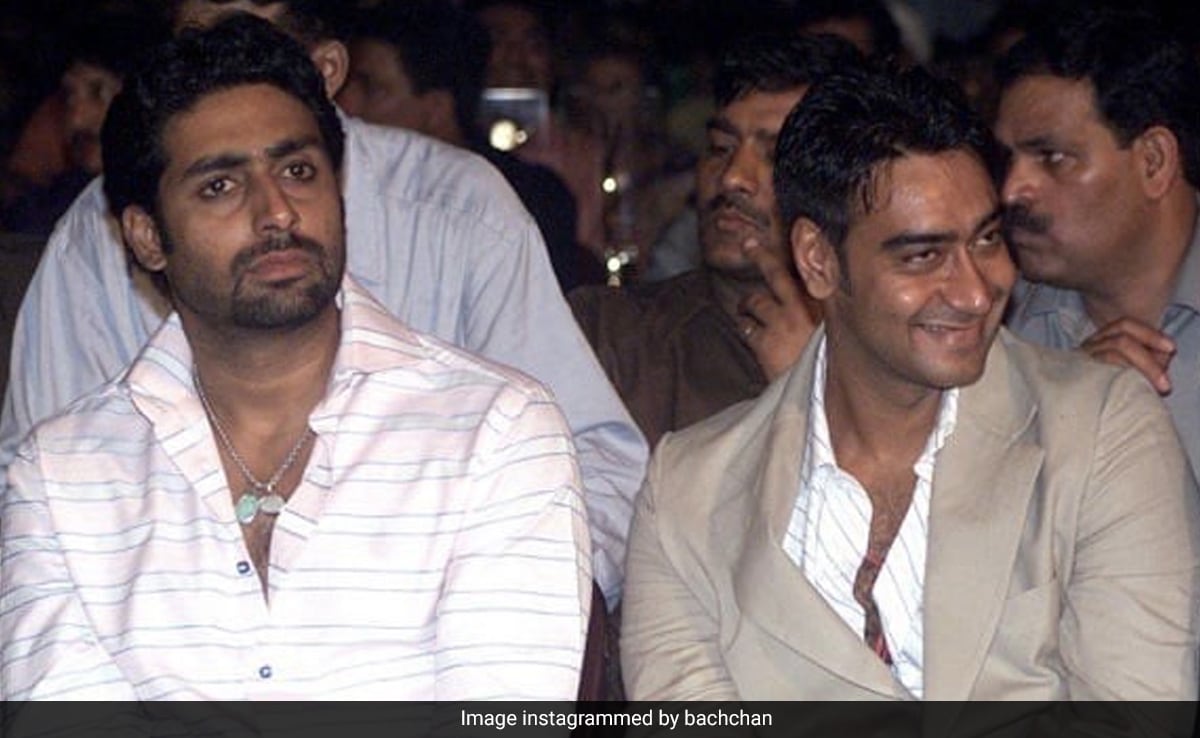The subject of menstrual health has been plagued by a long-standing history of cultural and religious biases, patriarchal ideologies, and a general dearth of awareness and education. Menstruation has traditionally been viewed through a lens of impurity, leading to negative attitudes and stigmatization. In patriarchal societies, a culture of ‘silence’ and ‘shame’ has further propagated the stigma surrounding menstruation. The lack of education and awareness has compounded the issue by perpetuating myths and misconceptions, impeding progress towards normalizing open discussions on menstrual health. The reason why it becomes imperative to grasp the significance of menstrual health in the context of a woman’s holistic well-being.
Why Is Menstrual Health Important? Menstrual Educator Sujata Pawar Explains
Physical Health
The menstrual cycle, a naturally occurring process in the female body, can be accompanied by distressing symptoms such as discomfort and pain. To prevent any potential health complications, it is essential for women to prioritize their menstrual health. By maintaining proper menstrual hygiene practices and seeking medical attention for any persistent discomfort, women can ensure that their bodies function optimally and avoid any adverse health effects that may arise from neglecting menstrual health. A proactive approach to menstrual health can not only alleviate the physical distress associated with menstruation but also empowers women to lead fulfilling lives with optimal health and well-being.
Mental Health
The societal stigma and shame surrounding menstruation can instill feelings of humiliation and inadequacy in women, adversely affecting their mental health. Furthermore, the physical discomfort and agony accompanying menstruation can lead to mood swings and irritability, disrupting a woman’s routine and relationships. To counteract these detrimental effects, fostering open conversations and facilitating access to resources is essential. By promoting a culture of support and empowerment, women can feel motivated to prioritize their mental health during menstruation and overcome the challenges it presents.
Reproductive Health
The importance of menstrual health extends beyond the management of the menstrual cycle itself. It is a crucial aspect of a woman’s reproductive health, with potential implications for her overall well-being. By developing an understanding of their menstrual cycle and vigilantly monitoring any deviations from normal patterns, women can identify and address any potential health issues early on. This proactive approach can facilitate early detection and treatment of conditions such as cervical cancer and sexually transmitted infections, ultimately promoting a woman’s overall reproductive health. By prioritizing menstrual health, women can empower themselves to take charge of their reproductive health and achieve optimal wellness.
Basic Human Rights
It is imperative to recognize that access to menstrual products, proper sanitation facilities, and education about menstrual health are fundamental rights that ought to be universally available to all women. The dearth of access to these basic necessities poses a serious threat to women’s well-being and ability to realize their full potential. Inadequate access to menstrual products and proper sanitation facilities are resulting in a substantial number of missed school or work days for women, negatively impacting their ability to succeed. It is, therefore, incumbent upon all stakeholders to strive towards a world in which every woman has the opportunity to achieve their full potential, without being impeded by the natural phenomenon of menstruation. The time has come to effectuate meaningful change and work towards a future where no woman is left behind.



GIPHY App Key not set. Please check settings